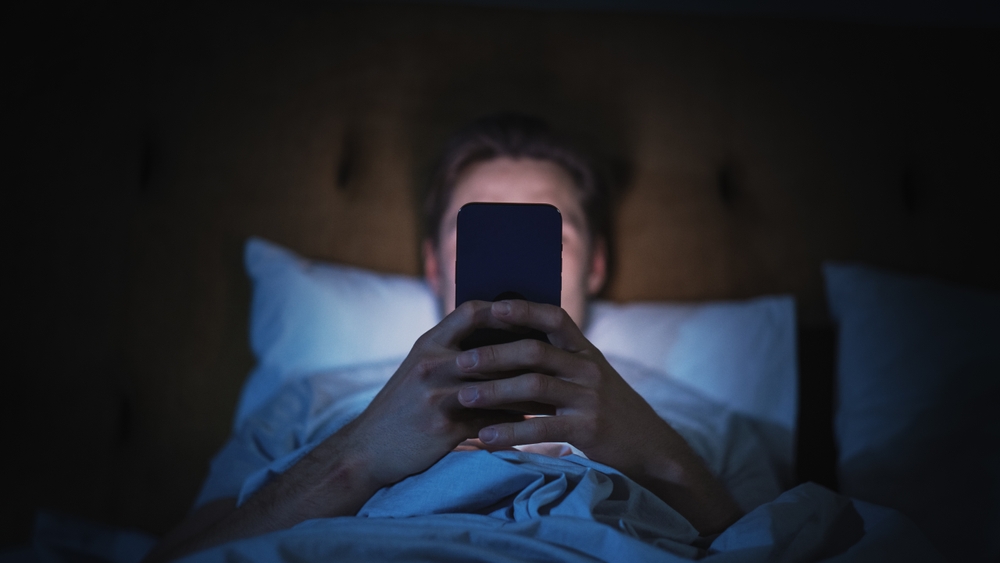
Scrolling through social media for “just a minute” can easily turn into an hour, but experts are warning parents that their screen habits may be sending a damaging message to their children.
The behaviour, known as phubbing, happens when someone ignores the person they’re with to focus on their phone. The term, blending “phone” and “snubbing”, was coined in 2012 as part of a “Stop Phubbing” campaign.
Psychologist Mary Alvord, co-author of Conquer Negative Thinking for Teens, told Very Well Mind that children often interpret phubbing as rejection. “He or she may think they are insignificant,” Alvord explained.
“When children begin to think this way, they often isolate themselves. They will also overcompensate negatively or positively to get any type of attention.”
For young children, those feelings can spiral into deeper emotional issues. Research shows that kids who feel ignored are more likely to experience symptoms of anxiety or depression.
One study published in the National Library of Medicine found that higher levels of emotional neglect at home were linked to increased depressive symptoms at age 18. Conversely, strong social support from peers appeared to reduce those symptoms.

While smartphones have become essential for daily life (serving as alarms, calendars, news sources, and social hubs) Alvord says parents need to recognise when their use is interfering with real-life interactions. “Parents rely on the convenience of smartphones… thus creating a sense of dependence,” she said. “We often hear parents comment that they ‘can’t go anywhere’ without their phone.”
And it’s not just children who feel the effects. Studies suggest phubbing can damage all kinds of relationships, including romantic ones.
A survey led by Faruk Caner Yam at Gaziosmanpaşa University in Turkey found that partners who were often “phubbed” reported lower satisfaction and poorer perceived relationship quality. “Being too busy with smartphones during a romantic relationship harms satisfaction,” Yam concluded. “It is very important to raise awareness of couples about smartphone use during their relationships.”
In other words, the occasional glance at a notification is one thing, but repeatedly choosing your phone over the person in front of you could send a clear (and hurtful) message, whether it’s to your partner, a friend, or your child.
READ MORE
- Mom warns popular swimsuit makes kids invisible in water
- Last person to see caver who suffered “worst death imaginable” reveals how they knew he had died




